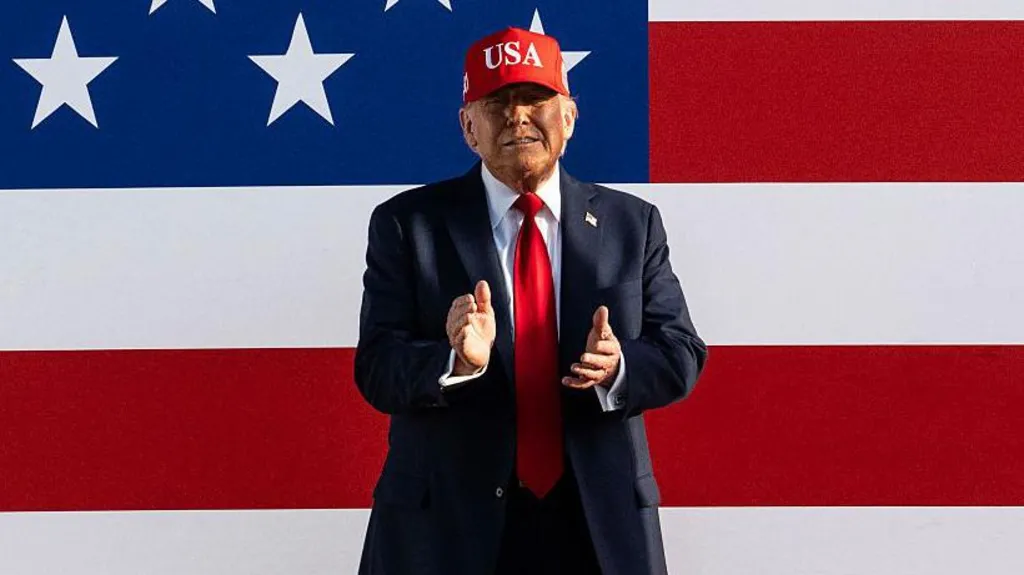
President Donald Trump has threatened to impose an additional 10% tariff on countries that align with BRICS alliance policies opposing US interests.
Trump has consistently criticized BRICS, an organization including China, Russia, and India, designed to enhance member countries’ international standing and challenge US and Western European influence.
“Any country aligning themselves with the Anti-American policies of BRICS, will be charged an ADDITIONAL 10% tariff. There will be no exceptions to this policy,” Trump posted on social media.
Originally set for July 9, the deadline for countries to negotiate tariff agreements with the US has been extended to August 1, according to US officials.
The US has secured trade agreements only with the UK and Vietnam so far. However, Britain and America remain deadlocked over taxes on UK steel imports to the US.
Since January, Trump has announced multiple import taxes on foreign goods, arguing they will strengthen American manufacturing and protect domestic jobs.
In April, which he termed “Liberation Day,” Trump unveiled extensive new taxes on global imports, though he quickly suspended his most aggressive plans to allow three months of negotiations until July 9.
When asked about the implementation timeline, Trump said Sunday: “They’re going to be tariffs, the tariffs are going to be tariffs.” He indicated that 10 to 15 letters would be sent to countries Monday, outlining new tariff rates if no agreement was reached.
Commerce Secretary Howard Lutnick confirmed the taxes would take effect August 1.
Treasury Secretary Scott Bessent told CNN Sunday: “President Trump’s going to be sending letters to some of our trading partners saying that if you don’t move things along, then on August 1 you will boomerang back to your April 2 tariff level.”
Trump’s BRICS threat emerged after members criticized US tariff policies and proposed reforms to the International Monetary Fund and major currency valuations.
Last year, BRICS membership expanded beyond Brazil, Russia, India, China, and South Africa to include Egypt, Ethiopia, Indonesia, Iran, Saudi Arabia, and the United Arab Emirates. The bloc represents over half the world’s population.
BRICS leaders, meeting for two days in Rio de Janeiro, have advocated for global institutional reforms and positioned their alliance as a diplomatic platform amid escalating trade conflicts and geopolitical tensions.
A joint statement by BRICS finance ministers Sunday criticized tariffs as threats to the global economy, creating “uncertainty into international economic and trade activities.”
Andrew Wilson, deputy secretary general of the International Chambers of Commerce, noted the difficulty of reducing business ties with China.
He told the BBC’s Today programme: “Shifting away from China…in a number of sectors is far more difficult to achieve in the world in practice. You look at the dominance China has in a number of sectors – EVs, batteries [and] particularly rare earths and magnets, there are no viable alternatives to China production.”
During the Brazil meeting, BRICS leaders condemned military strikes on Iran in June, calling the attacks international law violations.
Over 12 days, Israel and the US targeted Iranian facilities, including nuclear sites, before agreeing to a ceasefire.
The summit was attended by world leaders including Indian Prime Minister Narendra Modi and South African President Cyril Ramaphosa.
Chinese President Xi Jinping missed the event for the first time, with Premier Li Qiang representing him.
Russian President Vladimir Putin, who faces an International Criminal Court arrest warrant for alleged war crimes in Ukraine, participated online.
In 2024, Trump previously threatened 100% tariffs on BRICS countries if they developed their own currency to rival the US dollar.



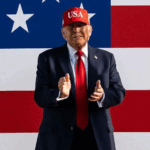
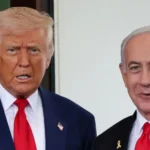
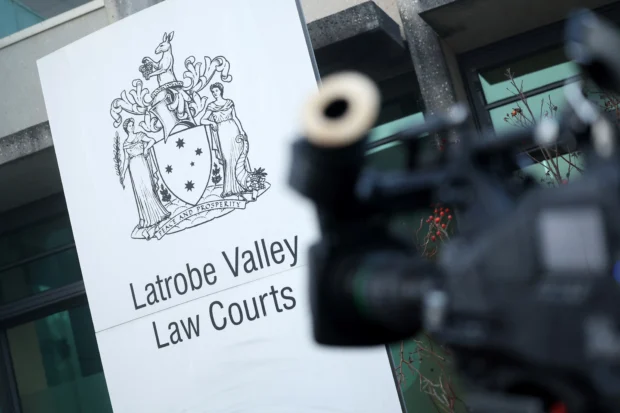
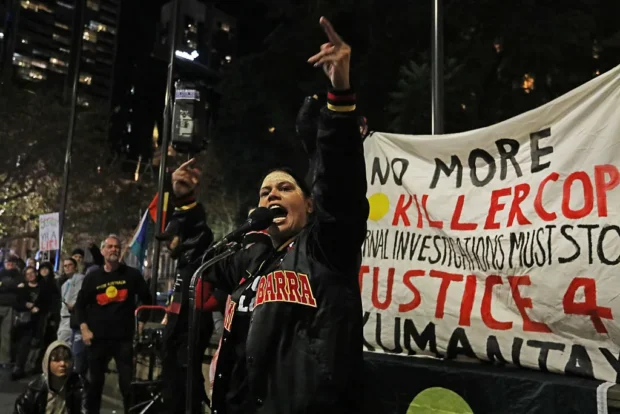
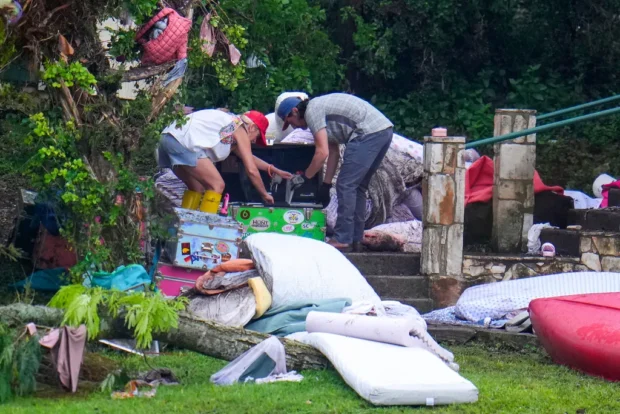

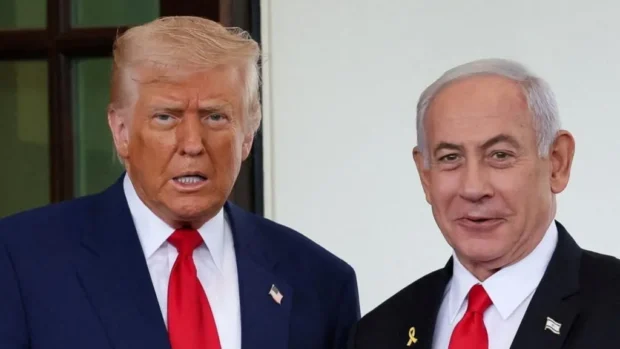
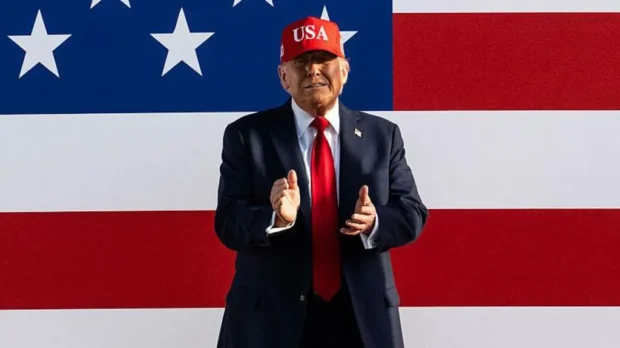
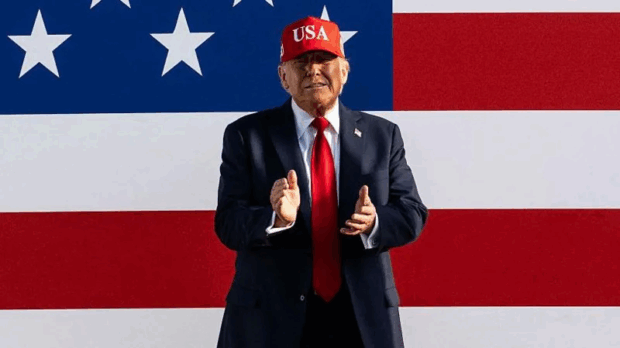
Be the first to leave a comment